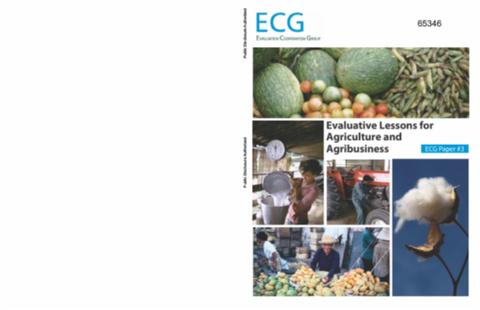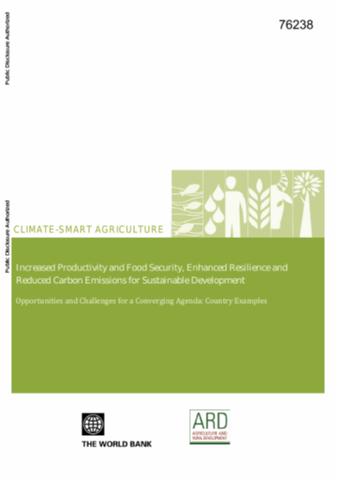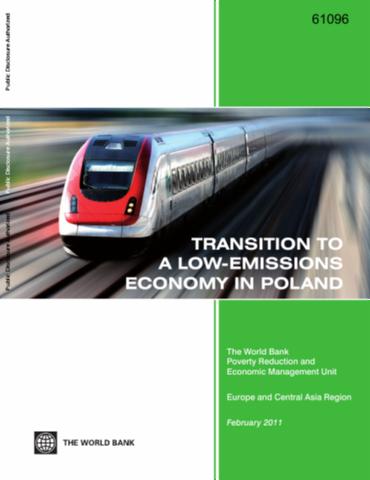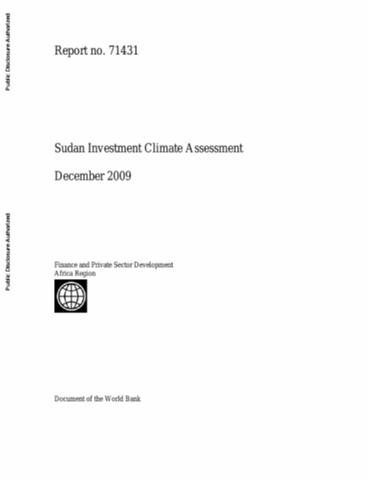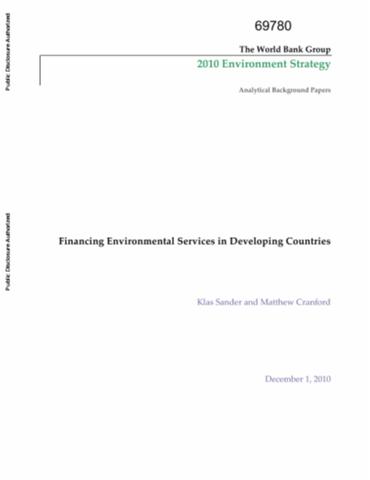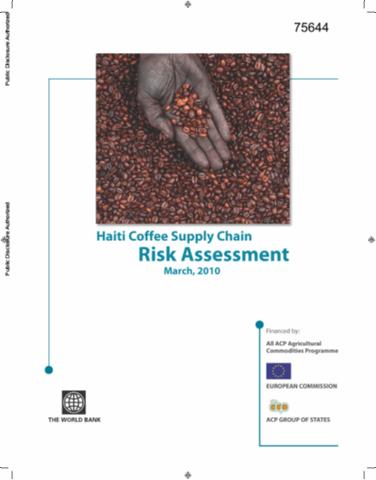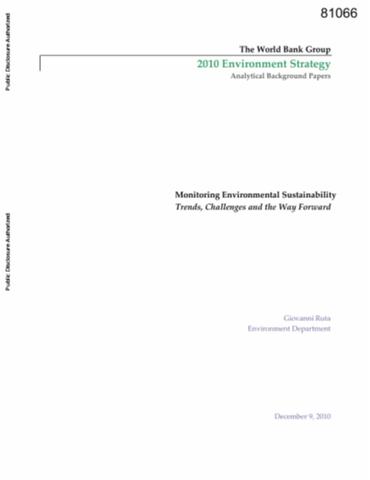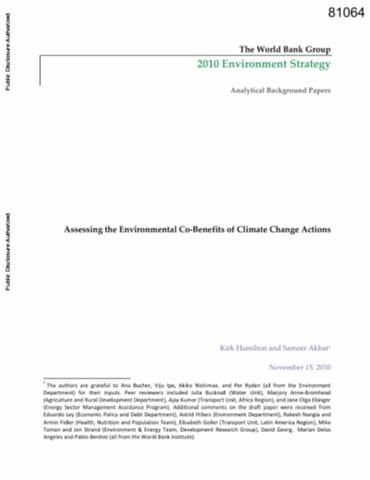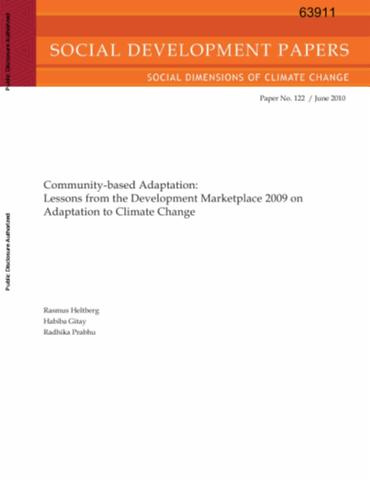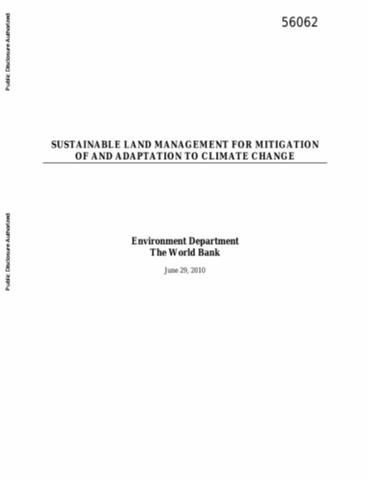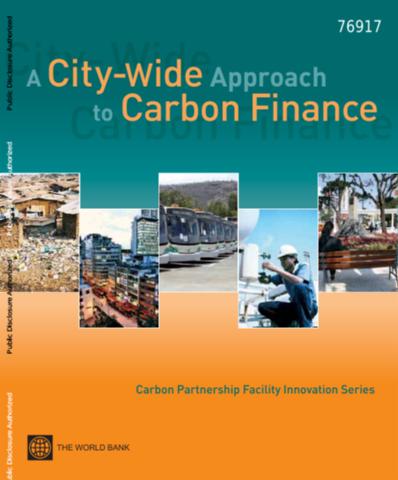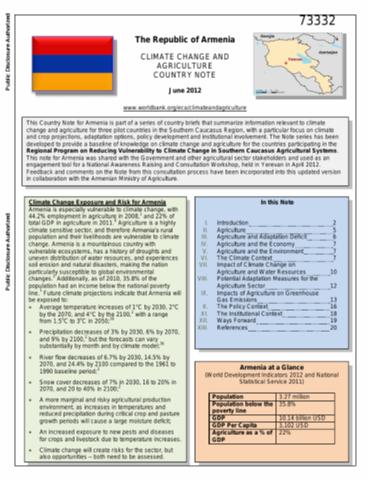Evaluative Lessons for Agriculture and Agribusiness
Agricultural investments made by developing countries and multilateral development banks (MDBs) have declined in recent decades. This decline is associated with a slowdown in the growth of agriculture productivity. Most development institutions have recognized the damage caused by this past neglect, in part evident in rising food prices, and renewed attention to agriculture and agribusiness is emerging. But this renewed interest will need to deliver results, especially in Sub-Saharan Africa, where the MDBs have had the least success but where the needs and opportunities are enormous.

